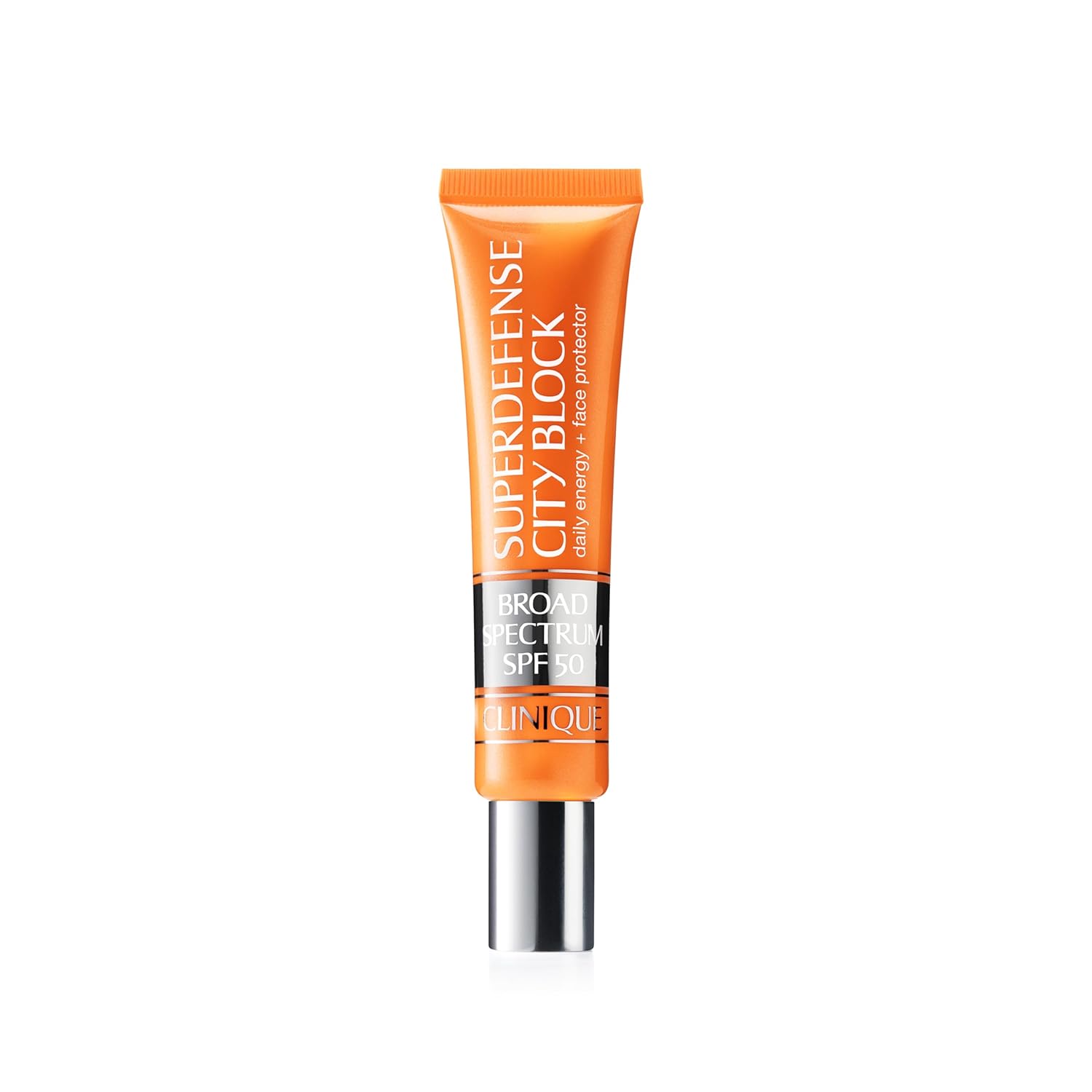





Price: $40.00 - $36.62
(as of Apr 03, 2025 05:43:00 UTC - Details)
The Best Face Sun Protection: Your Ultimate Guide to Radiant Skin
Introduction
When it comes to protecting your skin from the sun, choosing the best face sun protection is crucial. Sun exposure can lead to premature aging, sunburn, and even skin cancer. But with so many options on the market, how do you find the right product for your needs? This article will guide you through the essential aspects of facial sun protection, helping you make an informed choice for healthier, radiant skin. We’ll explore various long-tail keywords related to face sun protection, ensuring you have all the information you need to select the best product.
Understanding SPF: What You Need to Know
What Does SPF Mean?
SPF, or Sun Protection Factor, is a crucial term you’ll encounter when shopping for face sun protection. It indicates the level of protection a sunscreen provides against UVB rays, which are responsible for sunburn. A higher SPF means more protection, but it’s essential to understand how it works in practice.
How to Choose the Right SPF
When selecting a sunscreen, consider your skin type and how long you plan to be in the sun. For daily use, an SPF of 30 is typically sufficient. If you’ll be outdoors for extended periods, consider a higher SPF. However, remember that no sunscreen can block 100% of UV rays, so reapplication is key to maintaining protection.
Broad-Spectrum Protection: Why It Matters
Understanding UV Rays
Broad-spectrum protection means that your sunscreen shields your skin from both UVA and UVB rays. While UVB rays cause sunburn, UVA rays penetrate deeper into the skin and contribute to aging and skin cancer. Choosing a broad-spectrum sunscreen is essential for comprehensive skin protection.
The Best Ingredients for Broad-Spectrum Protection
Look for active ingredients like zinc oxide or titanium dioxide, which provide natural broad-spectrum protection. Chemical sunscreens containing avobenzone or octisalate can also offer effective protection against both types of UV rays. Always check the label to ensure you’re getting broad-spectrum coverage.
Types of Face Sun Protection: Finding Your Match
Mineral vs. Chemical Sunscreens
When it comes to face sun protection, you’ll typically choose between mineral and chemical sunscreens. Mineral sunscreens sit on the skin’s surface and reflect UV rays, making them ideal for sensitive skin. On the other hand, chemical sunscreens absorb UV rays and can provide a lighter feel on the skin. Understanding your skin type can help you decide which type is right for you.
Sunscreen Lotion, Gel, or Spray?
The formulation of your sunscreen also matters. Lotions are great for dry skin, while gels feel lightweight and are perfect for oily skin. Sprays offer convenience but may require more application to ensure even coverage. Consider your preferences and lifestyle when choosing the right formulation for your face.
Daily Use: Incorporating Sunscreen into Your Routine
Why Daily Sunscreen is Essential
Many people only think to apply sunscreen on sunny days, but UV rays can affect your skin even on cloudy days. Incorporating sunscreen into your daily skincare routine can help prevent long-term skin damage. It’s an easy step that can have significant benefits for your skin’s health.
How to Apply Sunscreen Correctly
To get the full benefits of your face sun protection, apply it generously. Use about a nickel-sized amount for your face and neck, and don’t forget areas like your ears and the back of your neck. Apply the sunscreen 15 minutes before heading outdoors, and reapply every two hours, or more often if swimming or sweating.
Sunscreen for Sensitive Skin: What to Look For
Identifying Sensitive Skin
If you have sensitive skin, you’ll want to be cautious about the products you choose. Look for sunscreens labeled as hypoallergenic or specifically designed for sensitive skin. These products are often free from fragrances and harsh chemicals that can lead to irritation.
Best Ingredients for Sensitive Skin
Mineral sunscreens are typically better for sensitive skin, as they are less likely to cause reactions. Ingredients like aloe vera and chamomile can also be soothing. Always perform a patch test before trying a new product to ensure it won't irritate your skin.
Water-Resistant Sunscreen: Staying Protected While Swimming
Understanding Water Resistance
If you’re planning to swim or sweat, look for water-resistant sunscreen. These products are designed to stay effective for a set period while wet. However, it’s essential to reapply after swimming or heavy sweating to maintain protection.
Choosing the Right Water-Resistant Products
Water-resistant sunscreens come in various formulations, so choose one that suits your skin type. Gel-based sunscreens are often preferred for swimming, as they feel lighter and dry quickly. Make sure to read the label for specific instructions on water resistance duration.
The Role of Antioxidants in Sun Protection
How Antioxidants Help Your Skin
Antioxidants play a crucial role in protecting your skin from free radicals generated by UV exposure. Incorporating products with antioxidants into your skincare routine can boost your skin’s defense against sun damage. Ingredients like vitamins C and E are excellent choices.
Combining Sunscreen with Antioxidants
Look for sunscreens that contain antioxidants for added protection. These products not only shield your skin from UV rays but also help combat the effects of aging and environmental stressors. Combining sunscreen with antioxidant-rich serums can enhance your overall skin health.
Conclusion
In summary, choosing the best face sun protection is vital for maintaining healthy, radiant skin. Understanding SPF, broad-spectrum protection, and the different types of sunscreens available will empower you to make informed decisions. Incorporating sunscreen into your daily routine and considering your skin type will ensure you reap the full benefits of sun protection. Remember, consistent use of high-quality face sun protection is one of the best investments you can make for your skin’s future. Protect your skin today for a brighter tomorrow!
